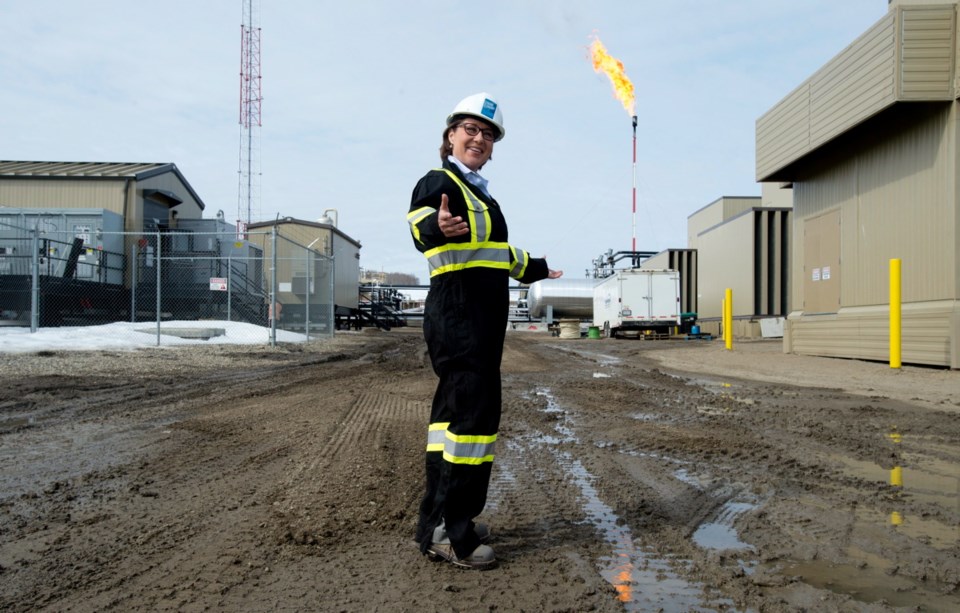The B.C. Liberals should not have sent operatives to secretly record video of a small group discussing housing with NDP MLA David Eby. And they should certainly not be making taxpayers foot the bill for such a partisan and dubious activity.
Eby revealed the secret surveillance Monday in the legislature. The Richmond NDP riding association had invited young people to a Saturday afternoon housing and education forum at a local community centre. About a dozen people — some minors — attended.
The Liberals sent a taxpayer-paid caucus researcher to make a video recording of the meeting, where Eby spoke. She did not identify herself nor reveal she was surreptitiously recording the meeting.
The Liberals have confirmed the allegations, defended the practice and said government-paid employees are routinely sent out on similar missions.
“It is entirely appropriate for caucus research staff of all parties to keep track of positions being advocated by members of other caucuses,” B.C. Liberal caucus director Primrose Carson said in a statement. “This is a case of caucus research staff doing caucus research work.”
It’s reasonable for party staff to monitor major events such as leaders’ speeches or rallies.
But that’s not what happened in this case.
First, the gathering was small, and those in attendance included minors who might simply have been curious about the issues. There is no legitimate reason to surreptitiously record the questions they ask or their comments.
Second, those who attended have no information on how the recording or still images were shared inside government and the party. How many people have viewed it, or reviewed transcripts? Will quotes or photos show up in Liberal attack ads or candidates’ speeches? Are dossiers created on participants? How long will the information be kept?
Third, if the Liberals consider this normal, what similar gatherings are being put under surveillance by party operatives? If, for example, a neighbourhood group invites Green MLA Andrew Weaver to discuss an issue in his riding, can they expect an undercover government employee gathering information for the Liberals to be among the participants?
And fourth, this is an abuse of taxpayers. Government is supposed to spend money prudently and in the public interest. This activity — which Carson says is standard operating procedure for the Liberals — sees government-paid employees sent to conduct secret surveillance that benefits the party, not the public.
Political battles can be intense. But citizens have the right to accept basic ethical standards to guide all participants.
And they have reason for concerns about the Liberals’ past practices. In the 2013 “quick wins” scandal, which set out to capture votes in ethnic communities, the Liberals misused government resources for partisan purposes. One person will face criminal charges next year.
In last year’s triple-delete email scandal, government employees were found to be routinely breaking freedom of information laws to hide information. The whistleblower who sparked the investigation quoted one of the participants: “It’s like The West Wing. You do whatever it takes to win.”
Those are not the values British Columbians should expect from political parties or those involved in the process. Just as people who attend a small discussion on policy issues should expect not to be under secret government surveillance.
Premier Christy Clark has been silent on the issue. She could do politics, and her party, a great service by saying Carson is simply wrong and this is not normal or acceptable, and that the Liberals will no longer conduct such operations.



